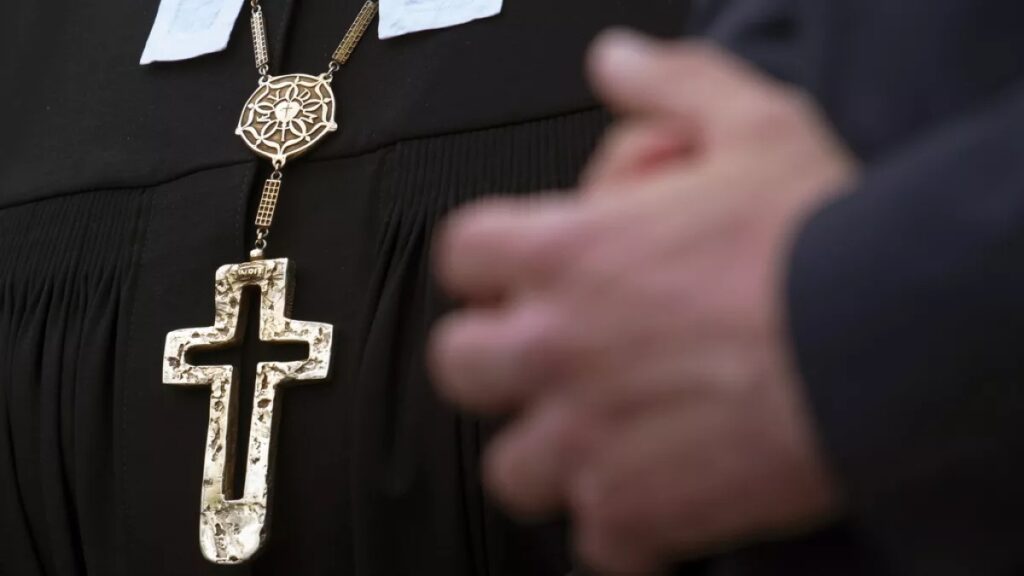Beyond the Money: Exploring the Impact of Settlements on Survivors of Church Abuse

The widespread problem of sexual abuse inside religious establishments has long shadowed societies all over. A rising number of survivors seeking justice and responsibility for the suffering they went through have emerged in recent years. This has resulted in a tsunami of lawsuits against different religious groups that produce catholic church sexual abuse settlements. These towns show a difficult junction of institutional accountability, human trauma, and legal procedures.
- The Level of the Issue
A worldwide problem spanning many denominations and religions is sexual abuse within religious establishments. Many people have suffered greatly from the mistreatment of authority by religious leaders including clergy members. The hiding of these crimes has historically been made possible by the hierarchical systems and secrecy that big companies sometimes exhibit. However, more awareness, survivor activism, and legislative changes have made people more ready to face this problem.
- Legal Pathways for Traversers
Those who survived church sexual assault have sought justice from several legal angles. Commonly used civil cases claim carelessness, deliberate infliction of emotional suffering, and other connected allegations. Targeting not only the individual abuser but also the religious institution itself, some cases contend that the institution neglected warning signals, failed to sufficiently monitor its staff, or actively concealed abuse.
Depending on the statute of limitations and the availability of evidence, occasionally criminal charges can be registered against the abuser. But the passage of time and the difficulties proving abuse that might have happened many years ago make criminal cases difficult.
Usually, the settlement process for Church sexual abuse claims consists of negotiations between the legal team of the survivor and the legal representatives of the religious entity. These negotiations seek to arrive at a financial settlement that pays the victims for the suffering they have endured. The degree of the abuse, the length of the abuse, the survivor’s age at the time of the abuse, the long-term effects on the survivor’s life, and the jurisdiction the case is registered under all affect the settlement amount.
Settlements can cover a spectrum of losses including:
• Compensatory damages: Designed to reimburse the survivor for their immediate losses—medical bills, therapy fees, lost income, pain and suffering—they cover
• Punitive damages: In some circumstances, punitive damages—which are meant to punish the religious organization for especially severe behavior—such as purposefully hiding abuse or neglecting to act—would be appropriate—to safeguard children.
- The Effects of Colonies
Settlement for church sexual abuse has had a big effect on religious institutions as well as survivors. These settlements can give survivors validation and justice while also honoring the suffering they have gone through. To support their rehabilitation process, cash compensation can enable survivors to obtain required resources such as medical treatment and counseling.
For religious establishments, these colonies have caused a significant financial load. The volume of lawsuits and the quantity of settlements have caused some companies to file for bankruptcy. These examples have also caused more examination of internal rules and practices, which has pushed several institutions to tighten security measures to stop future mistreatment. Problems and Criticisms
Pursuing justice for clergy sexual abuse has difficulties as well. Certain survivors may be barred from submitting claims by statutes of limitations, and in circumstances where abuse took place many years ago, the burden of proof might be challenging. Critics further contend that settlements are inadequate to handle the systematic problems allowing the abuse to take place and the deep-seated trauma survivors go through.
In summary
Settlement for church sexual abuse is a major step towards recognition of the damage done by abuse inside religious establishments. Although it will never completely heal the harm, financial compensation can give survivors resources and a feeling of justice. These instances have also been very important in increasing awareness, pushing institutional changes, and making religious groups answerable for their deeds. Priority should be given to survivor voices and efforts towards safer surroundings inside religious communities while society works on this problem.





